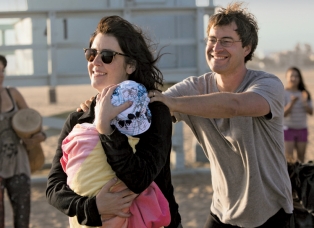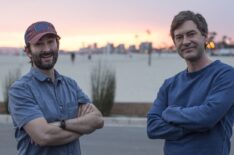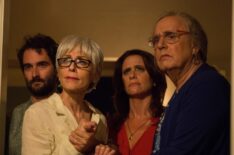Jay Duplass
Credits

Dying for SexStream
Actor
Steve
Miniseries
2025

The BaltimoronsStream
Director
Movie
2025

The BaltimoronsStream
Executive Producer
Movie
2025

The BaltimoronsStream
Screenwriter
Movie
2025

The Creep TapesStream
Executive Producer
Series
2024

The Creep TapesStream
Producer
Series
2024

PenelopeStream
Executive Producer
Series
2024
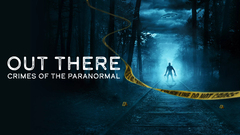
Out There: Crimes of the ParanormalStream
Executive Producer
Series
2024

The Long Long Night
Executive Producer
Show
2024
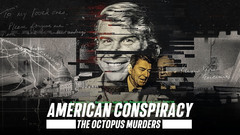
American Conspiracy: The Octopus MurdersStream
Executive Producer
Docuseries
2024

Jazzy
Executive Producer
Movie
2024

Between the Mountain and the Sky
Executive Producer
Movie
2024

The Knife
Executive Producer
Movie
2024

Paper Marriage
Executive Producer
Movie
2024
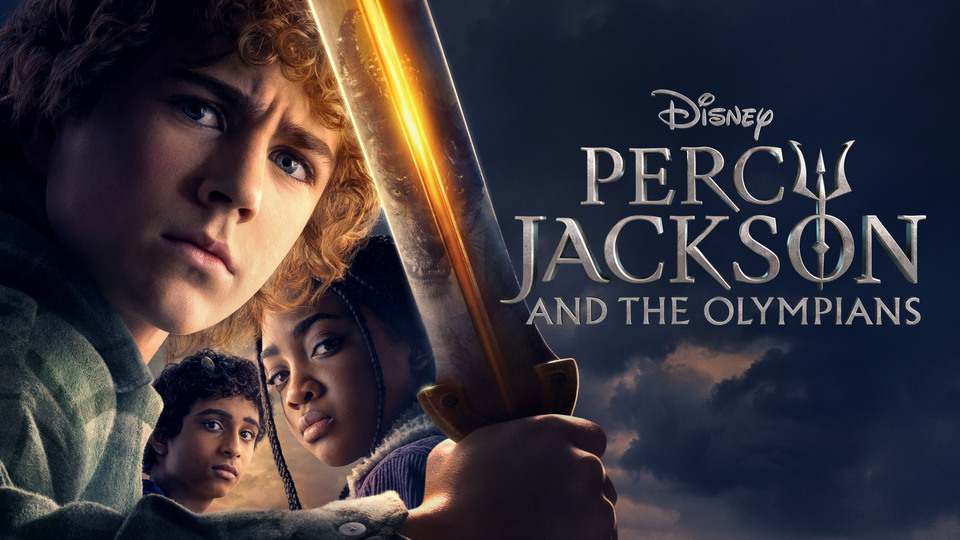
Percy Jackson and the OlympiansStream
Actor
Hades
Series
2023

Last Stop Larrimah
Executive Producer
Show
2023

Jason Isbell: Running with Our Eyes ClosedStream
Executive Producer
Movie
2023

The DropStream
Executive Producer
Movie
2023

Pain HustlersStream
Actor
Movie
2023

Jason Isbell: Running With Our Eyes Closed
Executive Producer
Movie
2023

I'll Show You Mine
Executive Producer
Movie
2023
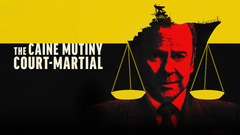
The Caine Mutiny Court-MartialStream
Actor
Bird
Movie
2023
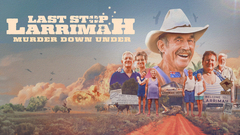
Last Stop LarrimahStream
Executive Producer
Movie
2023

Tony Hawk: Until the Wheels Fall OffStream
Executive Producer
Movie
2022

Somebody SomewhereStream
Director
Series
2022

Somebody SomewhereStream
Executive Producer
Series
2022

BiosphereStream
Executive Producer
Movie
2022

The ChairStream
Actor
Professor Dobson
Series
2021

Music BoxStream
Executive Producer
Series
2021

SasquatchStream
Executive Producer
Docuseries
2021

Cinema Toast
Director
Show
2021

Cinema Toast
Executive Producer
Show
2021

Cinema Toast
Voice
Show
2021

Cinema Toast
Writer
Show
2021
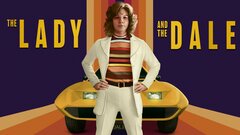
The Lady and the DaleStream
Executive Producer
Miniseries
2021

Language Lessons
Executive Producer
Movie
2021

Not Going Quietly
Executive Producer
Movie
2021

7 Days
Executive Producer
Movie
2021

As of Yet
Executive Producer
Movie
2021

Ghostwritten
Actor
Guy Laury
Movie
2021

IndustryStream
Actor
Jesse Boom
Series
2020

Horse GirlStream
Executive Producer
Movie
2020

Drought
Executive Producer
Movie
2020

The MisEducation of Bindu
Executive Producer
Movie
2020

Young Hearts
Executive Producer
Movie
2020

The Ride
Executive Producer
Movie
2020

StumptownStream
Actor
Allen Watkins
Series
2019

The Kelly Clarkson ShowStream
Guest
Talk
2019

GMA3: Strahan, Sara & Keke
Guest
Show
2019

On Tour With Asperger's Are Us
Executive Producer
Show
2019

Phil
Actor
Malcolm
Movie
2019

PaddletonStream
Producer
Movie
2019

Pink Wall
Actor
Leon
Movie
2019

Evil Genius: The True Story of America's Most Diabolical Bank Heist
Executive Producer
Show
2018

Wild Wild CountryStream
Executive Producer
Docuseries
2018
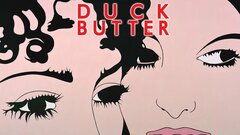
Duck ButterStream
Executive Producer
Movie
2018

Prospect
Actor
Damon
Movie
2018

Unlovable
Executive Producer
Movie
2018

The Opposition w/ Jordan KlepperStream
Guest
Talk
2017

Room 104Stream
Actor
Daniel
Series
2017

Room 104Stream
Creator
Series
2017

Room 104Stream
Executive Producer
Series
2017

Take Me
Executive Producer
Movie
2017

Beatriz at DinnerStream
Actor
Alex
Movie
2017

Landline
Actor
Ben
Movie
2017

Outside In
Actor
Chris
Movie
2017

Outside In
Executive Producer
Movie
2017

Outside In
Screenwriter
Movie
2017

AnimalsStream
Executive Producer
Series
2016

Rainbow Time
Actor
Adam
Movie
2016

Blue Jay
Executive Producer
Movie
2016

Asperger's Are Us
Executive Producer
Movie
2016

The Late Show With Stephen ColbertStream
Guest
Talk
2015

The Late Late Show With James Corden
Guest
Talk
2015
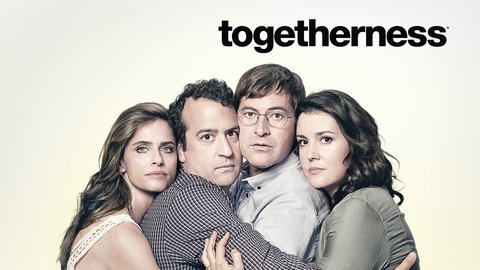
TogethernessStream
Creator
Series
2015

The Bronze
Executive Producer
Movie
2015

TangerineStream
Executive Producer
Movie
2015

6 Years
Executive Producer
Movie
2015

Manson Family Vacation
Actor
Nick
Movie
2015

Manson Family Vacation
Executive Producer
Movie
2015

Variety Studio: Actors on Actors
Guest
Show
2014
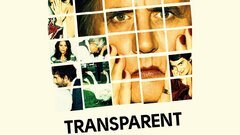
TransparentStream
Actor
Josh Pfefferman
Series
2014

Late Night With Seth MeyersStream
Guest
Talk
2014

Scrapple
Director
Show
2014

The One I Love
Executive Producer
Movie
2014

The Skeleton TwinsStream
Executive Producer
Movie
2014

Adult Beginners
Executive Producer
Movie
2014

21 Years: Richard Linklater
Self
Movie
2014

Milo
Executive Producer
Movie
2013

The Mindy ProjectStream
Guest Star
Series
2012

Safety Not GuaranteedStream
Executive Producer
Movie
2012

The Do-Deca-Pentathlon
Director
Movie
2012

The Do-Deca-Pentathlon
Producer
Movie
2012

The Do-Deca-Pentathlon
Screenwriter
Movie
2012
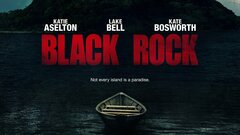
Black RockStream
Executive Producer
Movie
2012

On Story
Guest
Show
2011

Jeff, Who Lives at Home
Director
Movie
2011

Jeff, Who Lives at Home
Screenwriter
Movie
2011

Maurice
Executive Producer
Movie
2011

ConanStream
Guest
Talk
2010
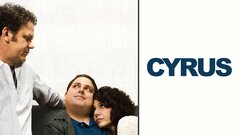
CyrusStream
Director
Movie
2010

CyrusStream
Screenwriter
Movie
2010

Lovers of Hate
Executive Producer
Movie
2010

Kevin
Cinematographer
Movie
2010

Kevin
Director
Movie
2010

Kevin
Producer
Movie
2010

Kevin
Screenwriter
Movie
2010

Kevin
Writer
Movie
2010

Baghead
Cinematography
Movie
2008

Baghead
Director
Movie
2008

Baghead
Producer
Movie
2008

Baghead
Writer
Movie
2008

Nights and Weekends
Actor
James' brother
Movie
2008

The Puffy Chair
Cinematography
Movie
2005

The Puffy Chair
Director
Movie
2005

The Puffy Chair
Writer
Movie
2005

The Intervention
Director
Show
2004

This Is John
Cinematography
Movie
2003

This Is John
Director
Movie
2003
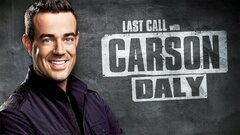
Last Call With Carson Daly
Guest
Talk
2002

Connect 5
Actor
Duplass, L. Jay
Movie
1996

CBS News Sunday MorningStream
Guest
News
1979
News aboutJay Duplass

Spoiler Alert
‘Dying for Sex’: Michelle Williams & Team on Capturing Molly’s Steamy Last Wish in FX’s Dramedy

‘Dying for Sex’: Everything You Need to Know About FX’s Podcast-Inspired Drama
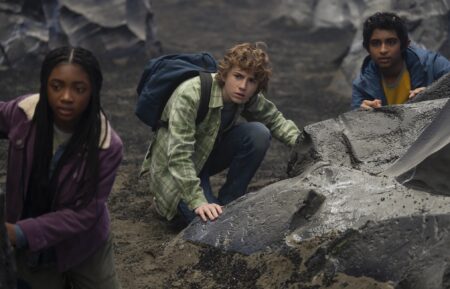
‘Percy Jackson and the Olympians’: Who Stole the Master Bolt?

‘Percy Jackson & the Olympians’ Reveals the Gods & Monsters (PHOTOS)
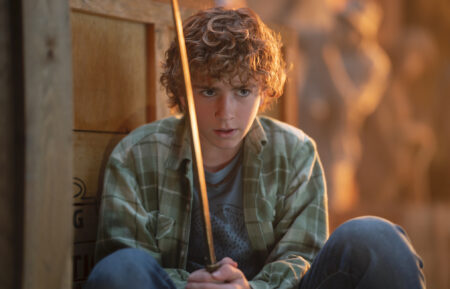
‘Percy Jackson and the Olympians’ Teaser: See Late Lance Reddick as Zeus (VIDEO)

‘Percy Jackson’: Jay Duplass & Timothy Omundson to Guest Star in Disney+ Series
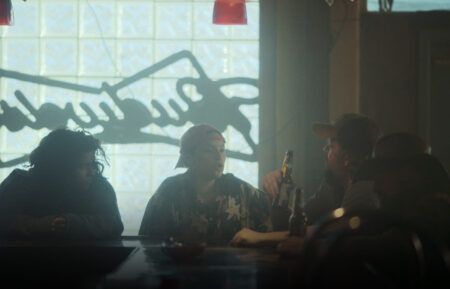
Best Lines of the Week (July 29-August 4): ‘You Need to Uno Reverse Card This’
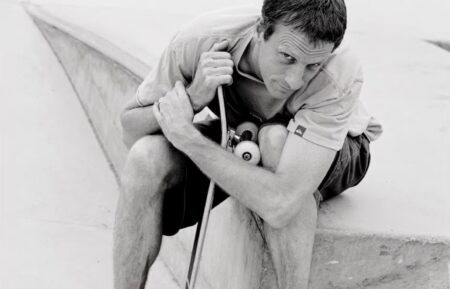
Tony Hawk Shares His Story in HBO Doc ‘Until the Wheels Fall Off’ (VIDEO)
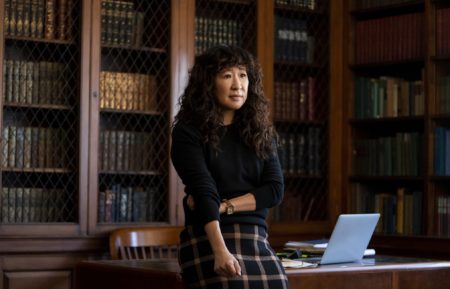
‘The Chair’: Sandra Oh Takes Charge in Netflix’s First Look at the Comedy (VIDEO)

Sandra Oh Netflix Comedy ‘The Chair’ from Amanda Peet & ‘GOT’ EPs Sets Premiere
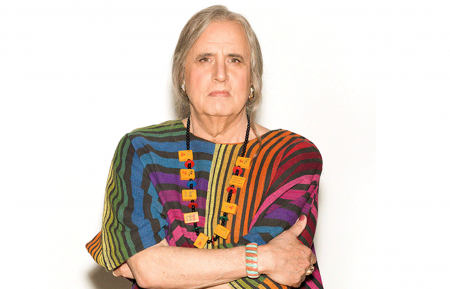
‘Transparent’ Creator Reveals How Jeffrey Tambor Will Be Written Out of Series Finale

Q&A
‘Transparent’ Season 4: Gaby Hoffmann and Jay Duplass Reveal How Their Characters Change
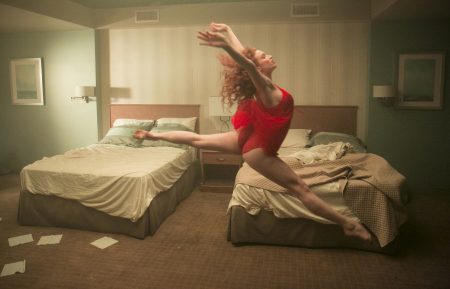
The Duplass Brothers Get the Anthology Bug With HBO’s ‘Room 104’
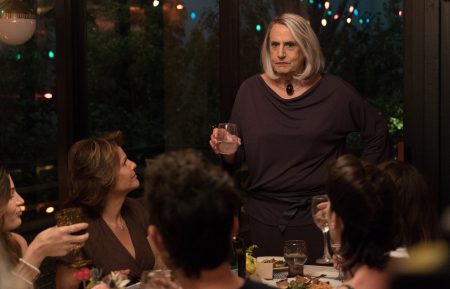
‘Transparent’s Cast on Maura’s Changes and How the Show Has Helped the Transgender Community
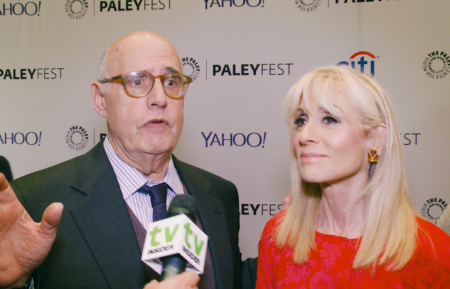
‘Transparent’ Stars Confess What They’ve Bought Recently on Amazon
